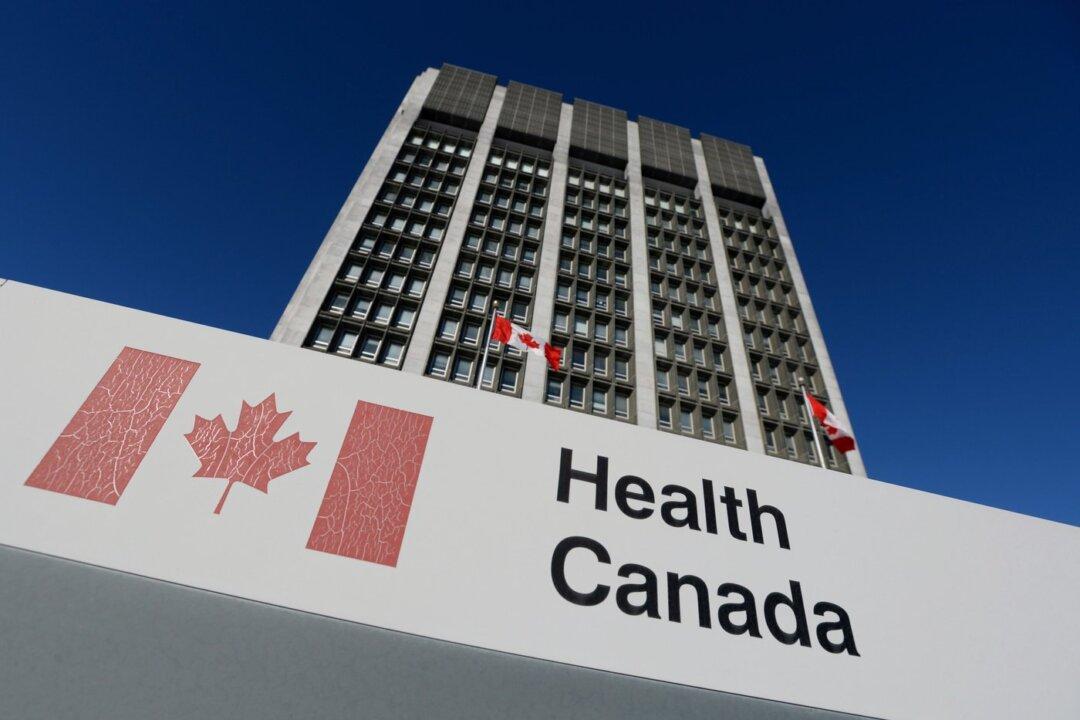Health Canada has refused on several occasions to confirm whether it made a request to Pfizer for the removal of the Simian Virus 40 (SV40) DNA regulatory sequence in its COVID-19 vaccines.
“Unfortunately we are unable to provide a response without disclosing the redacted content of the message, which is proprietary,” Health Canada spokesperson Anna Maddison told The Epoch Times on May 3 when asked about recently released internal emails and documents.





